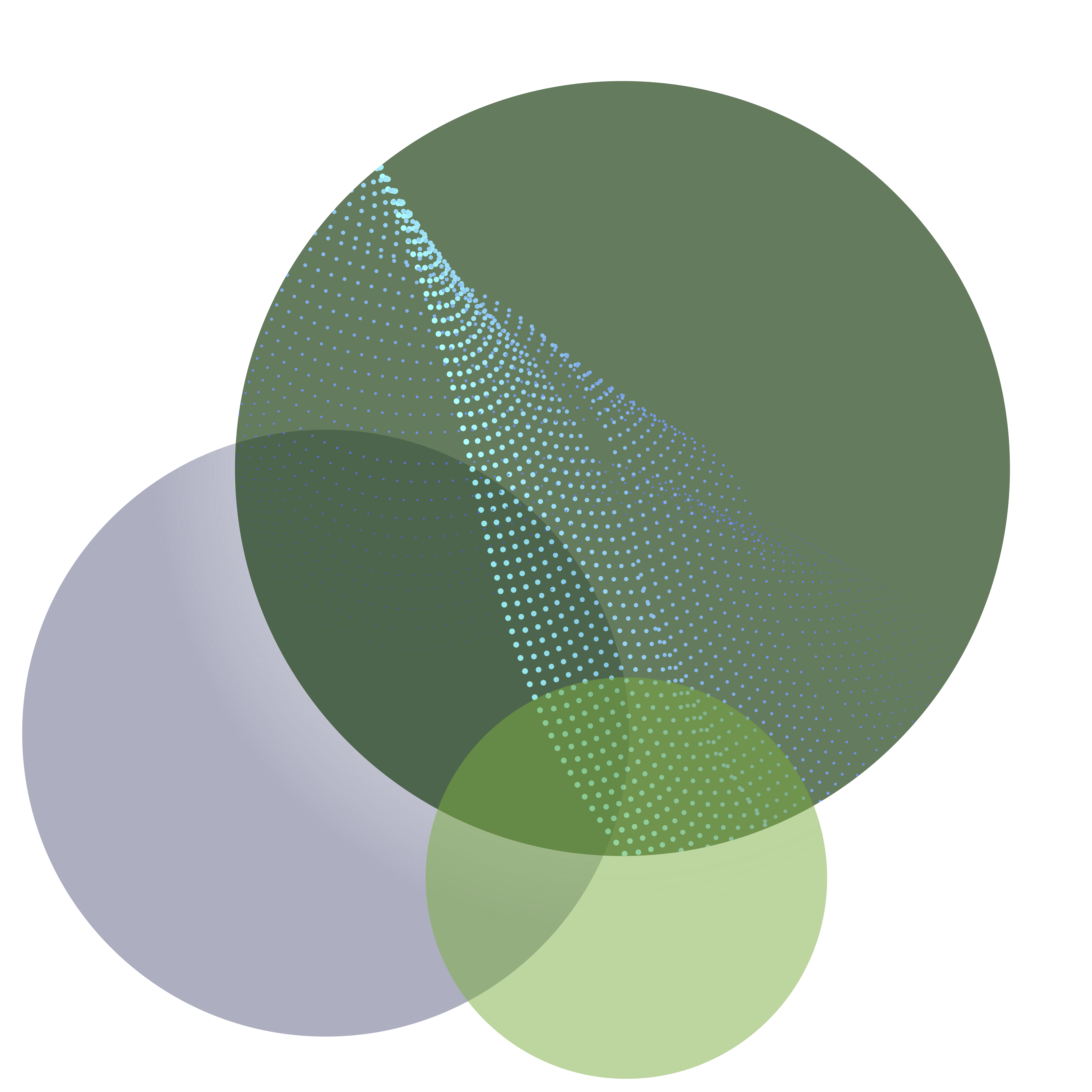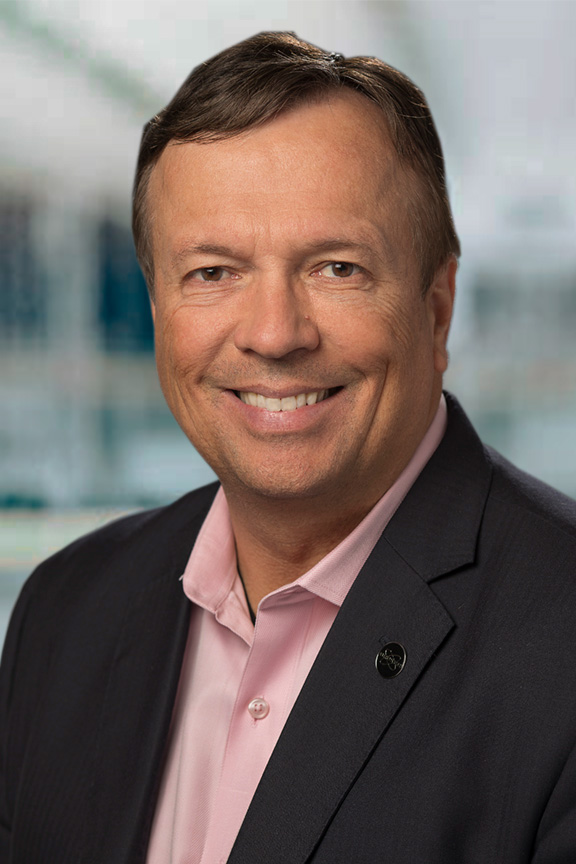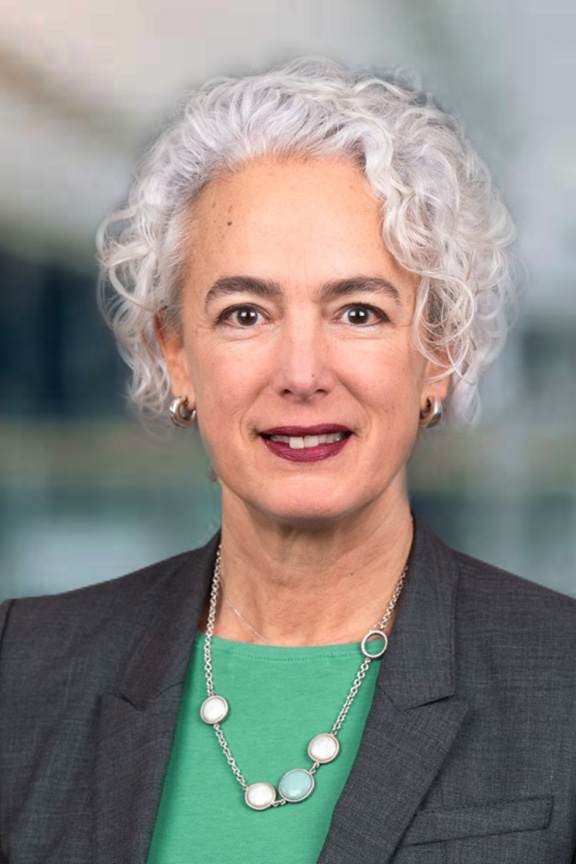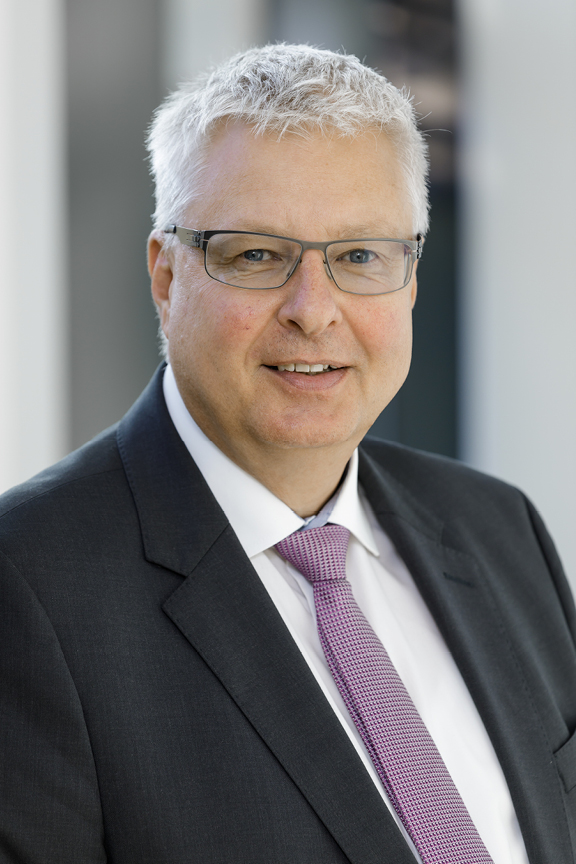




A Greentech Venture founded by companies with industrial fusion technology experience
Implementing a strategy based on high-field magnetic confinement fusion
Accelerating fusion with venture speed and via private/public partnerships
Collaborating with world leading science and technology institutions
Leading the commercialization of Fusion Power Plants (FPP) as a magnetic confinement fusion innovator and as architect of the first industrialized gigawatt-class power plant (Gauss GIGA-Kraftwerk) by 2045
Connecting the world’s best fusion scientists with experienced European industrial fusion technology experts
Moving at venture speed
Implementing high-field magnetic confinement as fastest approach to fusion energy production
Applying best-practices from industry
Leveraging experienced European companies with a successful track record in constructing fusion components
Using former nuclear fission power plant sites including their infrastructure for accelerating construction and reducing costs
Collaborating with authorities to accelerate licensing process for fusion power plants
Integrating fusion power into the grid as a base load provider to complement renewables

Frank H. Laukien is the Executive Chairman of Gauss Fusion GmbH. He is President and CEO of Bruker Corporation (Nasdaq: BRKR, ~$2.5B revenue), including the Bruker Energy & Supercon Technologies (BEST) division. After his Abitur in Germany, he earned a Bachelor of Science in physics from MIT, and a Ph.D. in chemical physics from Harvard University. He is a senator of acatech – the German Academy of Technical Sciences. Frank has numerous publications and patents, is an expert in superconducting materials and magnet technology. Frank is co- founder of venture companies in therapeutics and space exploration, and author of two books Active Biological Evolution and Origins & Evolution. Frank is a Visiting Scholar in the Harvard Department of Chemistry & Chemical Biology, co-Founder of the Galileo Project, and Co-Chair of the AACR Cancer Evolution Working Group. He is passionate about clean fusion, solar and wind energy and European strategic energy independence.

Frank Laukien is Chairman of Gauss Fusion Supervisory Board. In addition, he is President and CEO of Bruker Corporation (Nasdaq: BRKR, approx. $2.5b revenue), including the Bruker Energy & Supercon Technologies (BEST) division.
Frank Laukien also serves as a Senator of acatech – the German Academy of Technical Sciences – and is the Co-Founder of venture companies in therapeutics and space exploration.
After achieving his high school diploma in Germany, Frank Laukien earned his Bachelor of Science in Physics from MIT, and then his Ph.D. in Chemical Physics from Harvard University.
He is a Visiting Scholar at the Harvard Department of Chemistry & Chemical Biology, Co-Founder of the Galileo Project, and Co-Chair of the AACR Cancer Evolution Working Group.
Frank Laukien has authored numerous publications and two books, Active Biological Evolution and Origins & Evolution, and holds several patents, making him an expert in superconducting materials and magnet technology. He is passionate about clean fusion, solar and wind energy, and European strategic energy independence.
Stefano Buono is an accomplished Italian physicist and alumnus of the European Organization for Nuclear Research (CERN). Until January 2018, Mr. Buono served as Chief Executive Officer and board member of Advanced Accelerator Applications (AAA), an international radiopharmaceutical company he founded in 2002 and acquired in 2018 by Novartis for $3.9 billion.
In 2018 he founded Elysia Capital, his single-Family Office based in London and Turin, focused on social impact investments in the field of Sustainable Innovation, Wellbeing, Education, Art, and Culture.
Since 2018, Stefano Buono is investor and Chairman of Planet Smart City, a global leader in integrating smart solutions and social innovation practices in the design and development of large, affordable, smart real estate housing projects. With 1,700 employees, the company is currently operating in Italy, Brazil, India, the USA, and Colombia.
Since 2019, Mr. Buono is also investor and Chairman of LIFTT, a not-only-profit investment holding that focuses on innovation and technology transfer from research institutions. LIFTT has already invested in more than 46 companies, and it has been ranked the third venture investor in Italy in 2022.
In 2021, Stefano Buono co-founded the nuclear technology company newcleo, of which he is Chairman and CEO. The company is based in UK, Italy, Switzerland, and France. In its first two years of operation, newcleo acquired 4 companies, raised EUR400m and reached 430 employees. newcleo’s mission is to generate safe, clean, economic, and practically inexhaustible nuclear energy for the world, using nuclear waste as fuel, through a radically innovative combination of existing, accessible technologies: newcleo’s innovations increase safety, reduce costs, avoid mining, and dramatically reduce nuclear waste.
Hendrik Hirsch is a partner of the global law firm CMS. He advises national and international clients on M&A transactions and corporate law matters. He is a member of the Executive Board of CMS Germany and heads the national sector group Industrials & M&A.
Hendrik Hirsch studied Law at Heidelberg University and Carleton University in Ottawa, Canada. He holds a Ph.D. in law from Heidelberg University.
Hendrik Hirsch has a specific focus on transactions in the life science and industries sector where he advises strategic as well as financial investors.
Davide Malacalza is a shareholder and CEO of Hofima and Chairman of ASG Superconductors. ASG offers superconducting technology for the energy and medical sectors, developing cables and wires in MgB2 as well as open MRI systems.
Davide Malacalza studied Economics and Business Administration at Genoa University.
In 1991, Davide Malacalza joined Sima S.p.A., and in 1993 became Managing Director of Trametal S.p.A. where he was also Chairman from 1999 to 2008. Since 2001, he has been developing ASG Superconductors, including the realization of superconductive magnets for CERN and the ITER Toroidal Field Coils.
Pierre Prieux is the Founder and President of Alcen Group, composed of French high-technology companies in the fields of defense & security, energy, medical & healthcare, aeronautics & space, and large scientific instruments. Alcen Group includes Alsymex S.A., an expert engineering company with particular expertise in magnetic confinement fusion technologies.
Pierre Prieux studied at Ecole Polytechnique and at INSEAD, both in Paris, France. He started his career as President of Tabur Marine and of Dufour.
At Matra Group, Pierre Prieux managed automotive electronics, robotics, computer-aided design, and watchmaking. He also founded and managed telecom operator Kaptech and equipment manufacturer Cirpack. Today, he also manages the media outlet Connaissancedesenergies.org.
Hermann Requardt serves as a Strategic Advisor to a number of European life science and healthcare technology companies. He is also a member of the Advisory Board of DEKRA SE, the Supervisory Board of Sivantos Group, and the Board of Bruker Corporation. Hermann Requardt has been serving as Non-Executive Director of Sphere Medical Ltd. since 2018.
Hermann Requardt holds a Ph.D. in Biophysics from the University of Frankfurt, where he is also an Honorary Professor of Physics.
From 2009 to February 2015, Hermann Requardt served as CEO of the Healthcare division of Siemens AG. He also served as Chief Technology Officer of Siemens AG from 2008 through 2011. From 2006 through 2015, he was on the Siemens AG Managing Board. Hermann Requardt joined Siemens Medical Solutions in 1984, before assuming responsibility for the magnetic resonance business in 1994.
Hermann Requardt serves on academic and industrial boards in Germany, including as Vice President of acatech – the German Academy for Technical Sciences. In addition to global technical industry expertise, he contributes to Gauss Fusion with his significant experience in management and strategic planning.

Since 2013, Christian Linsmeier is the Director of the Institute for Energy and Climate Science - Plasma Physics at “Forschungszentrum Jülich GmbH”, and Professor at the Faculty of Physics and Astronomy, Ruhr University Bochum. As of 2016, he is also speaker for the topic ‘Plasma-Wall Interactions’ in the ‘Fusion’ program of the Helmholtz Association.
After his diploma in chemistry at the Ludwig-Maximilians-University Munich, he received his PhD at the IPP Garching and was awarded a Dr. rer. nat. in 1994 with "summa cum laude". Following a research stay at Arizona State University, he returned back to IPP as a staff scientist in the Plasma-Wall Interactions group. Later on, he served as a Group Leader for the ‘Materials synthesis and characterization’ and ‘Plasma-facing Materials and Components’ groups. From 2004 -2010, he was the coordinator of both, the EU Integrated Project “ExtreMat – New Materials for Extreme Environments”, and from 2008 to 2011 the EU Coordination Action ‘FEMaS - Fusion Energy Materials Science’.
In 2009, he spent a month as a guest professor at the Université de Provence in Marseille. In 2010 he received his habilitation in physical chemistry at the Technical University of Munich.
Francisco A. Hernández is the Head of the Design and Analysis of Nuclear Components, Fabrication and Qualification Group at the Institute of Neutron Physics and Reactor Technology, Karlsruhe Institute of Technology (KIT), and a member of the Gauss Fusion SSAB. He is an expert in Breeding Blanket design and technology development, with a holistic view of the key systems of a deuterium-tritium fusion power plant.
He received his degree in Industrial Engineering from the Polytechnic University of Catalonia (UPC) in 2006 and worked on projects as a design and product engineer in the automobile and aerospace industries from 2006 to 2009. In 2009, he joined KIT as a scientific staff member and received his PhD in Mechanical Engineering from the University of Karlsruhe in 2016.
From 2015 to 2020, he served as Lead Engineer for the design and technology development of the HCPB Breeding Blanket for the European demonstration (DEMO) reactor. In 2021, he joined the DEMO Central Team at EUROfusion as System Design Lead for the Breeding Blanket in the EU, and since 2022, he has assumed the role of Project Leader for the Breeding Blanket Project at EUROfusion. He is also a lecturer on 'Fusion Technologies' at the University of Karlsruhe, covering Breeding Blanket and Divertor design and technology.
Günter Janeschitz is an expert in fusion projects with responsibilities in design, cost containment, system integration, and remote handling and maintenance. Since 2020, Günter Janeschitz has been Senior Advisor to the Design Division Head in DEMO, with involvement in remote handling and integration issues.
He received his Diplom-Ingenieur from the Technical University Vienna and his Ph.D. in Physics from the Atominstitut at the Technical University Vienna in 1983.
Following his Ph.D. studies, Günter Janeschitz held various roles at IPP Garching before then spending seven months with General Atomics in San Diego. In 1989, he joined the JET program until 1993. From 1996 to2002, he was Head of Divertor and Plasma Interface Division of ITER, responsible for divertor and edge plasma physics, engineering, remote maintenance, refurbishment in the hot cell, diagnostic integration, pumping and fueling systems design, and leak checking design. Günter Janeschitz then became Head of the Fusion Program at the Research Center Karlsruhe (now KIT). Between 2006 and 2008, he was Coordinator for the worldwide ITER design review. He moved to ITER in 2008 and was Deputy Head of the ITER Central Integration Office from 2015 to 2017. After his retirement from ITER, he became a Consultant to Eurofusion with a focus on remote maintenance.
Since 2024, Josefine Proll is Group Leader for Stellarator Transport Modelling at the Max Planck Institute for Plasma Physics in Greifswald, Germany, and part-time Associate Professor in the Department of Applied Physics at Eindhoven University of Technology in the Netherlands.
Her research focuses on the theory of turbulence and turbulent transport in stellarators. She completed her Bachelor of Science in Physics at Julius-Maximilians-Universität Würzburg in 2009, followed by a Master of Science in Physics with distinction from Imperial College London in 2010. In 2014, she was awarded a doctoral degree in physics (Dr. rer. nat.) by Ernst-Moritz-Arndt-Universität Greifswald for her research on turbulence-driving instabilities in stellarators, which she performed at the Max Planck Institute for Plasma Physics in Greifswald.
She continued there as a postdoctoral fellow from 2013 to 2016, supported by the Max-Planck/Princeton Center for Plasma Physics and a Helmholtz PostDoc Grant. During this time, she undertook extended research visits to Princeton Plasma Physics Laboratory (USA) and the National Institute for Fusion Science (Japan).
From 2017 to 2024, she held a faculty position at Eindhoven University of Technology and held a guest professorship at Kyoto University’s Institute for Advanced Energy in Spring of 2023.
Klaus Schlenga is the Executive Vice President and Chief Technology Officer of Bruker Energy & Supercon Technologies. He was the first Managing Director of Gauss Fusion GmbH and transitioned to Gauss Fusion SSAB in 2023.
He graduated in Physics with studies in high-temperature superconductors (HTS) and earned his Ph.D. at the University of Erlangen in 1996. Between 1997 and 1999, he was a Postdoctoral Researcher in the SQUID group at UC Berkeley and Lawrence Berkeley National Laboratory. Klaus Schlenga then joined the Magnet division of Bruker BioSpin GmbH as Project Manager for the world’s first 1GHz NMR magnet.
In 2006, he became Managing Director of Bruker EAS GmbH and Bruker HTS GmbH, in charge of R&D, production, quality, and safety. Klaus Schlenga has served as Industrial Advisor on several boards in superconductivity and holds more than 100 patents in over 30 patent families. In 2015, he founded AlFa Schlenga Shareholding UG for investing in technology-oriented startups.